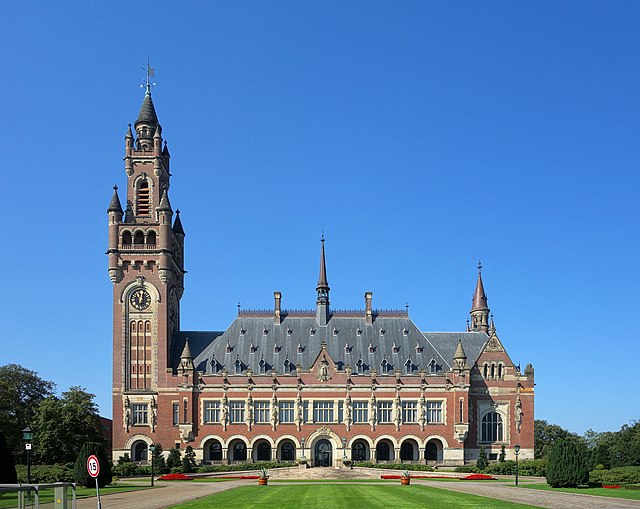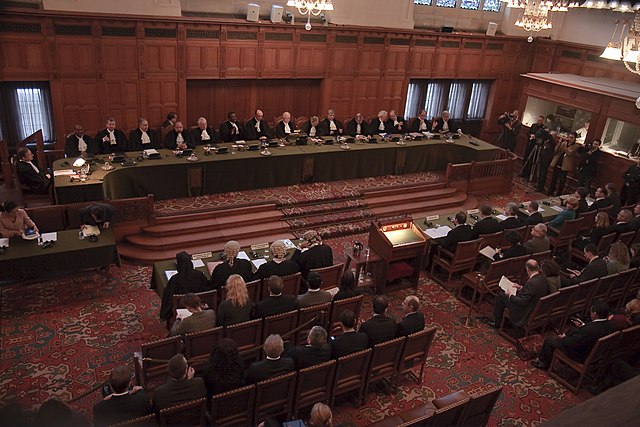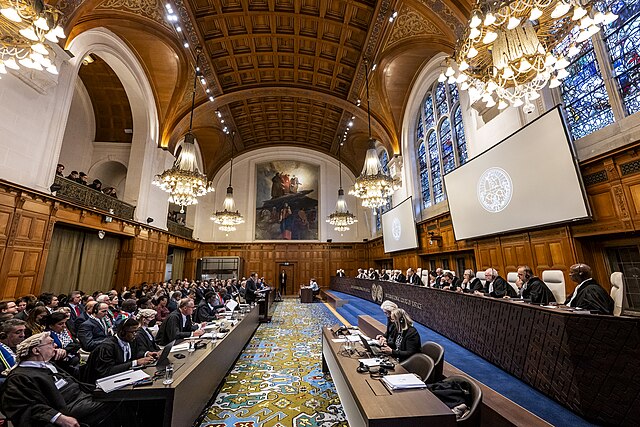Stephen Myron Schwebel, is an American jurist and international judge, counsel and arbitrator. He previously served as judge of the World Bank Administrative Tribunal (2010–2017), as a member of the U.S. National Group at the Permanent Court of Arbitration, as president of the International Monetary Fund Administrative Tribunal (1993–2010), as president of the International Court of Justice (1997–2000), as vice president of the International Court of Justice (1994–1997), and as Judge of the International Court of Justice (1981–2000). Prior to his tenure on the ICJ, Schwebel served as deputy legal adviser to the U.S. Department of State (1974–1981) and as assistant legal adviser to the U.S. Department of State (1961–1967). He also served as a professor of law at Harvard Law School (1959–1961) and Johns Hopkins University (1967–1981). Schwebel is noted for his expansive opinions in momentous cases such as Legality of the Threat or Use of Nuclear Weapons, Military and Paramilitary Activities in and Against Nicaragua and Oil Platforms .

Stephen M. Schwebel
Judge Schwebel as the keynote speaker at the 2014 final of the Philip C. Jessup International Law Moot Court Competition. Schwebel wrote the first compromis for the competition in 1959–60.
International Court of Justice
The International Court of Justice is the only international court that adjudicates general disputes between nations, and gives advisory opinions on international legal issues. It is one of the six organs of the United Nations (UN), and is located in The Hague, Netherlands.
The Peace Palace, the seat of the court
The Peace Palace in The Hague, Netherlands, seat of the ICJ
Audience of the "Accordance with International Law of the Unilateral Declaration of Independence by the Provisional Institutions of Self-Government of Kosovo"
South Africa's case alleging Israel's violation of the Genocide Convention in Gaza, the Hague, 12 January 2024






